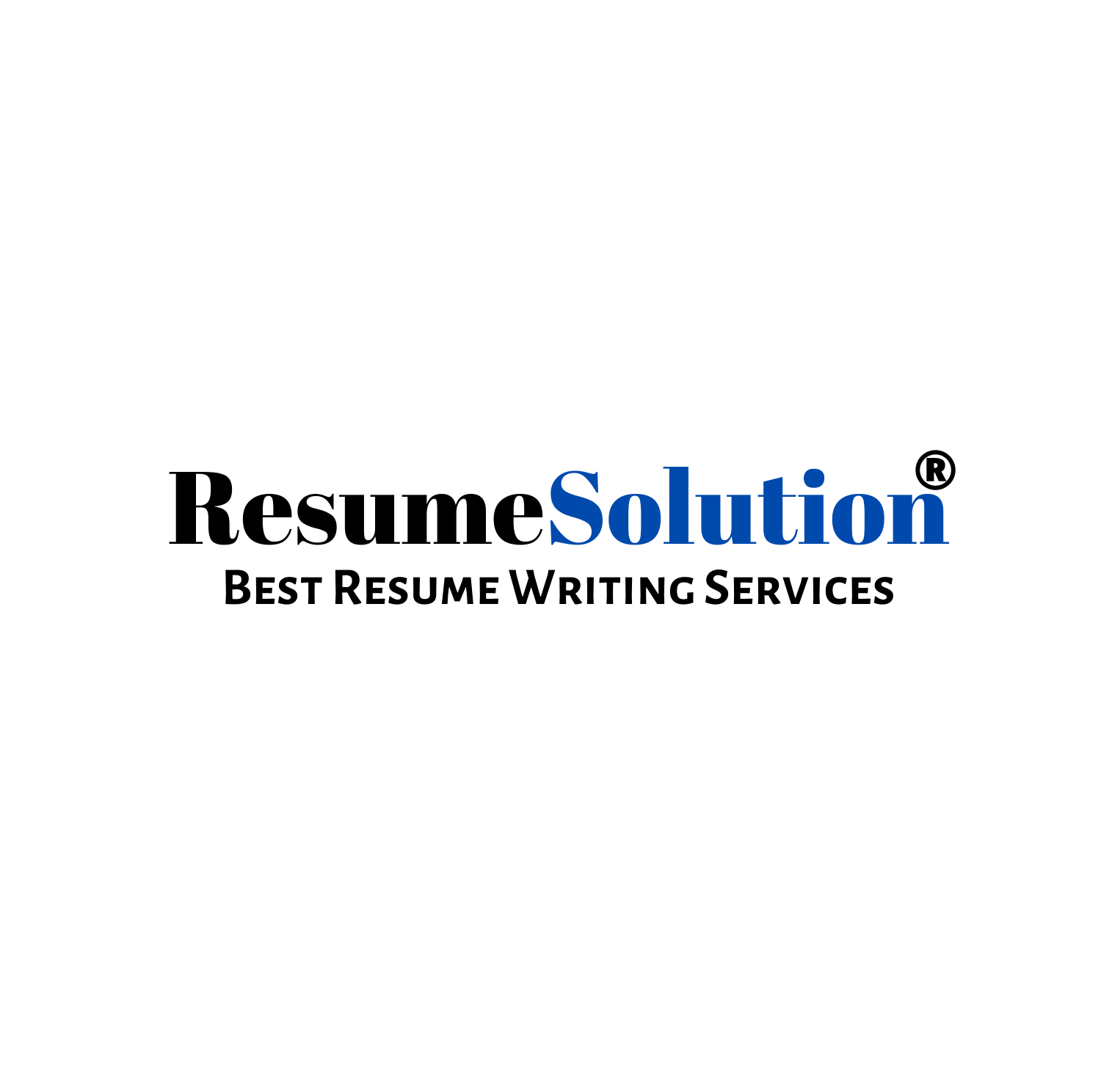How to write a resume skills section?
In order to provide hiring managers a brief overview of your expertise, a good skills section is crucial on your resume. There are some essential elements to include in a skills section on a resume:
Appropriate skill section
Picking the most appropriate skills section format for you, understanding how to present talents that wow employers knowing which abilities to list on your resume. You have a better chance of getting interviews if you know how to successfully display your talents since hiring managers can immediately determine if you meet the job criteria. Make sure you’ve picked the right resume format before you begin so that the most crucial details may be highlighted.
You have a unique collection of transferable abilities. You may develop the greatest resume skills section by making a list of your capabilities and determining which of those skills are applicable to the position you desire.
Work related skills
Work-related skills can be acquired in a variety of ways, including through extracurricular activities, volunteer work, and classroom instruction. These skills fall under the category of hard skills.
Include the following competencies in your talents section to help you land a job:
In line with the job description for the cited role While recommended or essential abilities are frequently included directly in job descriptions, job adverts occasionally also make reference to these traits.
Consider the job posting for a certified nursing assistant. Soft talents are highlighted in yellow, and hard skills are highlighted in orange.
Some of your talents will closely align with those listed in the job description, while others will only be tangentially so. Hence, by giving additional information in the area about your work history, explain how your talents might assist you do the job.
Hard and soft talent
The quantity of hard and soft talents you list should vary depending on your industry. For instance, technical talents are hard abilities that are required for many engineering positions.
In contrast, a bartender has to have a wide range of interpersonal skills to interact with clients and coworkers. In this situation, your resume’s talents section should emphasize soft skills (apart from the quantity of cocktails you can prepare, which you should surely highlight as a hard ability).
Review the job description
After listing your abilities and reviewing the job description, choose which skills to include in your resume.
Your time management and math abilities should be highlighted in your bank teller resume. Instead, you should highlight your teaching-related soft skills and sports qualifications in a resume for a sports coach.
You’ll be close to finishing a strong skills section once you’ve reduced your list to only abilities pertinent to your desired position.
A resume must always have a skills section in addition to the other sections. Most online resume templates include a section on talents since hiring managers anticipate seeing at least a rudimentary abilities list.
Your job experience part should occupy the most room on a conventional chronological resume, while your extra abilities section should be brief. You may rely on your job history part to promote your talents when you utilize the experience portion of your resume to highlight your successes that are based on your skills.
Yet, you should still provide three to eight or nine relevant talents in your skills section because each one might assist in convincing a hiring manager that you are the ideal candidate.
Technical expertise
If your skill set is just as crucial to the position as your work experience, then including a section on your resume just for technical talents is a great method to wow hiring managers by showcasing your technical expertise.
This candidate lists their technical capabilities on their CV since marketing jobs require a particular set of expertise. In order to make a long list of abilities digestible for the recruiting manager, they additionally segment their marketing expertise into fundamental areas like SEO and analytical tools.
Functional resume
With a functional resume or a skills-based resume, a relevant skills section is employed, which you can use to downplay your job experience if you have significant gaps in your employment history or are switching to a new field.
You can illustrate how previous accomplishments and efforts have helped you improve particular talents by using a relevant skills section.
While certain abilities are exclusive to particular sectors, many are applicable to many other ones. Transferable talents are particularly important on resumes for job changes because you might not have many relevant skills for your new industry.
Because many businesses have made utilizing the Microsoft Office Suite a crucial component of their workers’ daily routines, many people are interested in learning how to mention Microsoft abilities on their resume.
Conclusions
You should also include in your resume the many Microsoft abilities you have acquired.As most soft skills are transportable, you should work to hone them while working at each business.
Time management, communication, people skills, and more can all be cultivated in any profession and demonstrated in interviews and on resumes. You need to add industry-specific talents on your CV depending on the field you’re applying to. The majority of industry-specific talents are hard skills, but certain vocations need even greater levels of soft skill development than others.
For instance, an undertaker director needs to have great people skills, while a company’s CEO needs to be a better leader than 99.9% of individuals.







